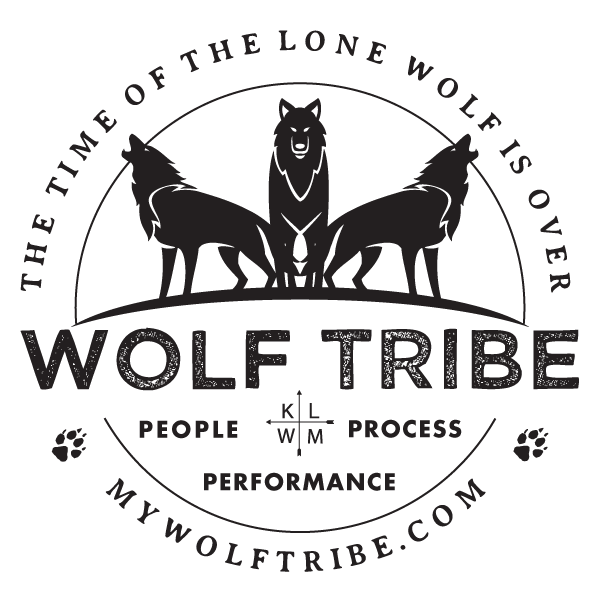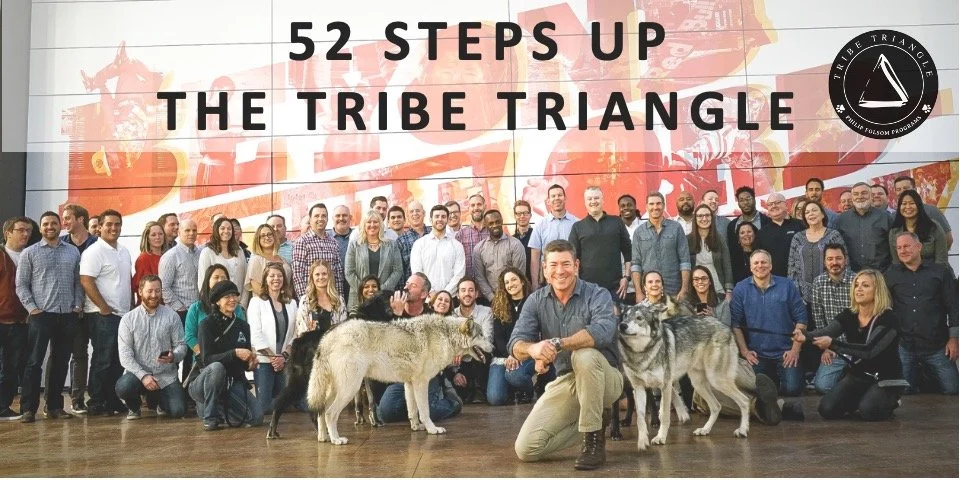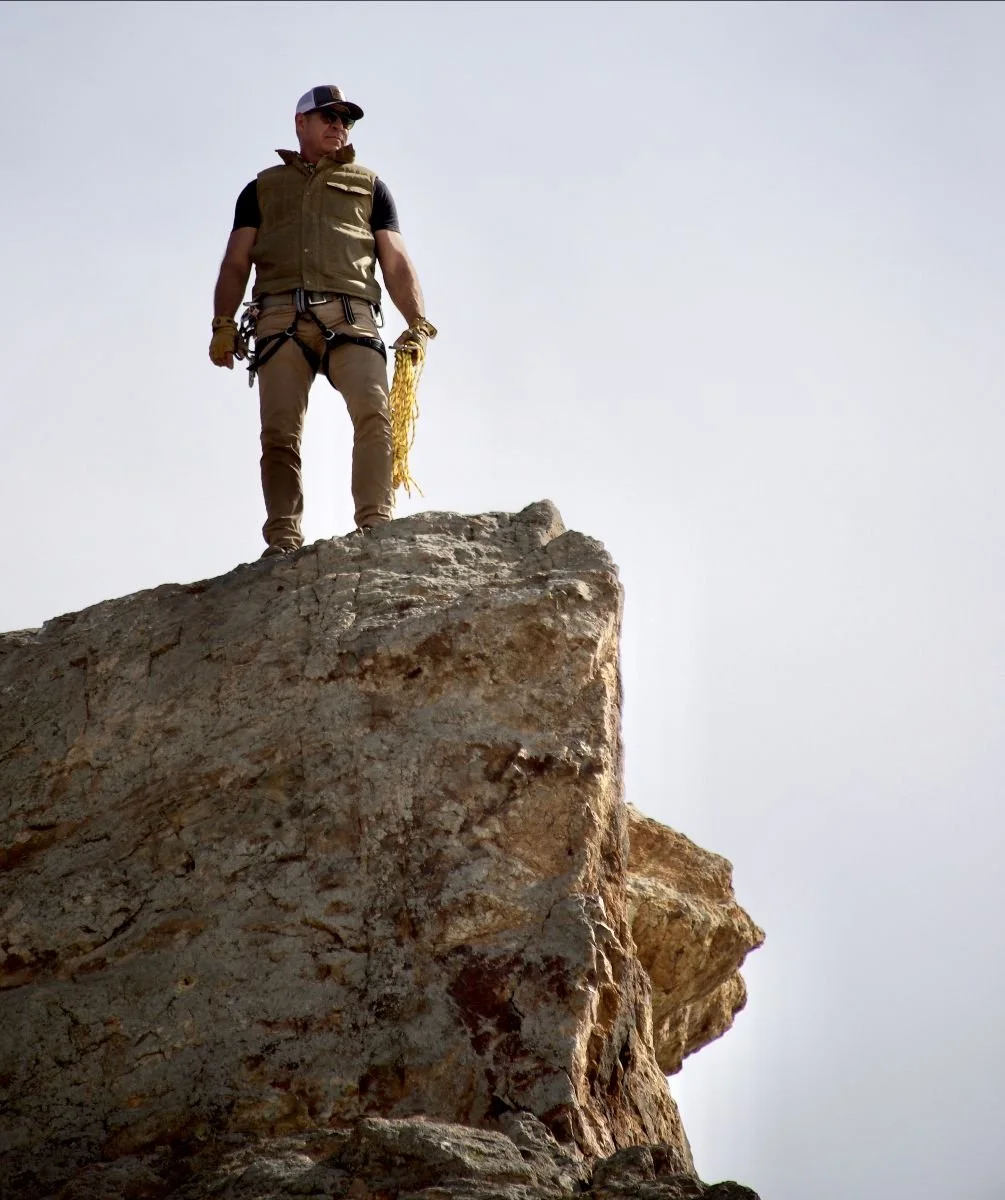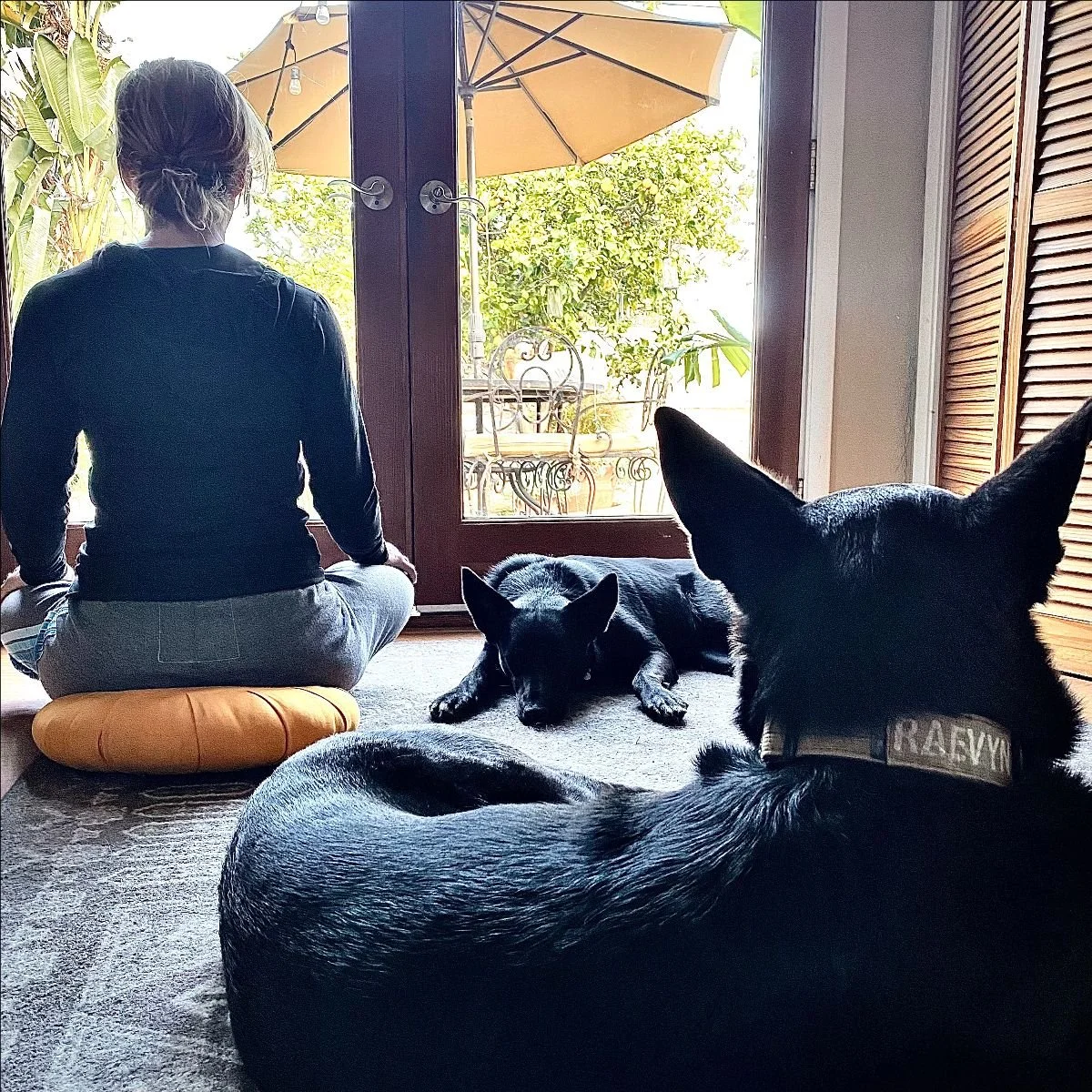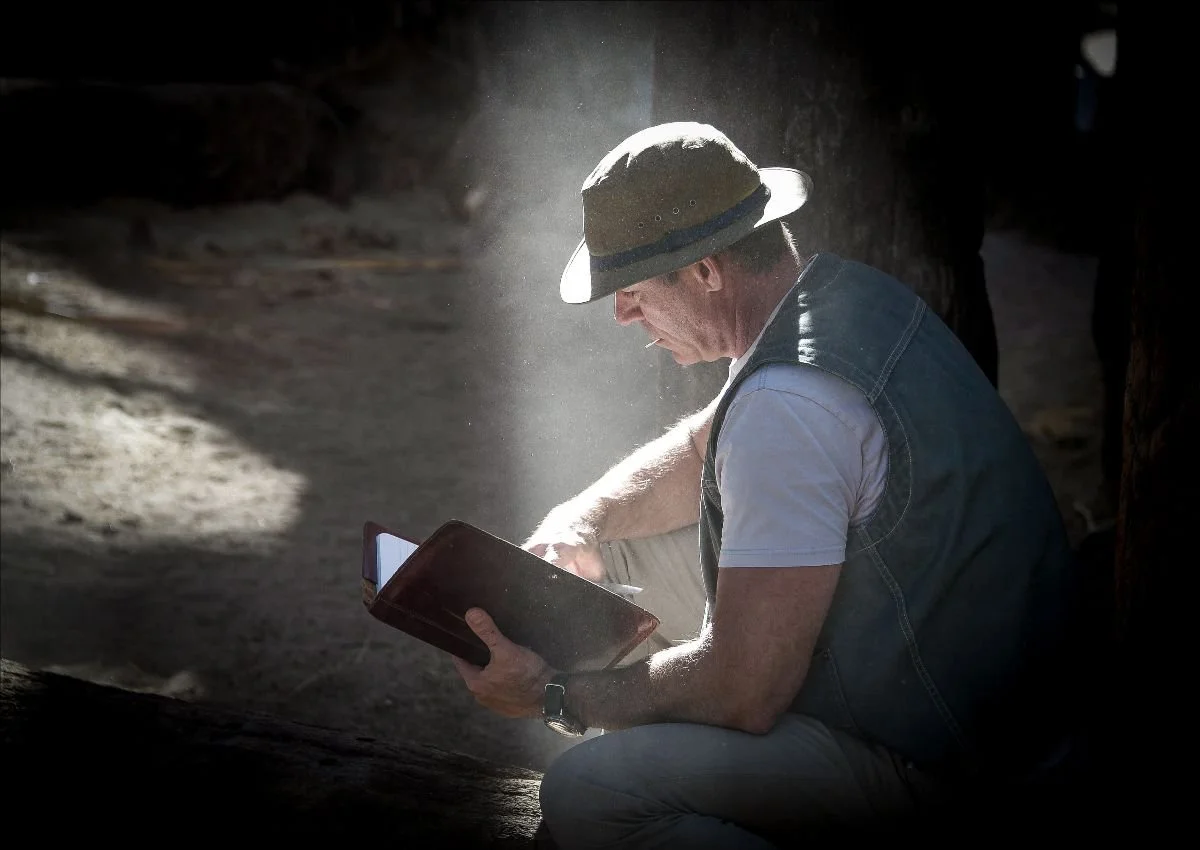Step 43 Up the Tribe Triangle: Honesty and Self Reflection
“If we always do what we’ve always done,
we will always get what we’ve always got.”
-Henry Ford
People have hard skills and soft skills. Hard skills are the abilities to use tools, software, data, equipment and task related proficiencies. Soft skills are the abilities to work with other people and ourselves. These soft skills include empathy, compassion, appreciation, innovation and conflict resolution.
We learn hard skills by direct feedback with our interaction with them. We learn soft skills by developing the ability to self-reflect. Self-awareness unlocks the ability to actively learn from your mistakes as well as your successes with other people and ourselves.
The time spent in self-reflection is never wasted; it is an intimate date and coaching session with yourself. Honest inventory and self-reflection opens your mind to reprogramming, change and the freedom and meaning that comes from success. It also highlights the invaluable lessons imbedded in setbacks and challenges.
The three most common learning experiences that come from self-reflection are surprise, frustration and failure. These experiences will often come from failed expectations and are where the biggest learnings exist.
Self-reflection unlocks awareness and choice is a function of awareness. Leadership is the study and practice of making choices that affect other people. Awareness allows us to recommit to good habits that were lost over time and empowers us to assess our strengths and failures and really see our perceptions and interactions with others.
Spending some time looking back will make the view looking forward even clearer.
What are you doing and why? Are you still in alignment with your vision for the future and is it still honestly inspirational and aspirational? Are your shared values your real values that are worth the cost of all the other values that you could choose to shape your path? If you and your team are struggling to maintain success and high performance, take an honest look at those values and that vision.
“Your vision will become clear only when you can look into your own heart.
Who looks outside, dreams; who looks inside, awakes.”
-Carl Jung
Without the self-awareness that comes from self-reflection we have a massive reality blind spot that will sabotage us.
Authentic self-reflect will be a humbling experience. To discover why you feel, think, say and do what you actually do is vulnerable and revealing. It is also the most powerful leadership practice you can develop because it answers the first big question of ‘Where are you’ as well as unlocking access to the last, most important question of ‘who do I need to be to get there.’ Leaders who can answer these questions are the ones that sustain success over time.
We do not get strong in the gym only in recovery phase after the gym. Similarly, we only get strong in recovering from setbacks and failures in every other arena of our lives. This invaluable process of recovering from challenges is how we get stronger and more capable as leader. Self-reflection accelerates the recovery phase of growth and development.
Self-reflection over time is the process of taking an honest look at our habits and world views as well as unraveling where those beliefs and behaviors came from. If you follow that path long enough you will discover that there are some old, outdated stories and experiences from childhood that set the course you are following now. We cannot successfully navigate our path forward without looking back and in.
Like everything else in the Sustainable Success level of the Tribe Triangle, self-reflection will be connected the foundation of Alignment where the whole culture development journey started. What is your shared vision for the future and is it still the north star you are following? What are your real shared values and will they get you to that vision? Are you truly being transparent, collaborative and reciprocal in your shared missions or only when it is safe and convenient?
The process of self-reflection will enable the ability to revisit your shared vision and imagine where you really want to be in the future as well the future of your family and organization. Self-reflection also enables us to diagnose and develop our character which is the sum or our values. Self-reflection is the willingness to be with ourselves and we are too often humans who do as opposed to humans who are being.
More than anywhere else, this is where Tribe Leaders must write and speak.
We are living in a time when there is very little space for self-reflection. The number one resource that industries are now clamoring for is not your money, it is your attention. Your email demands it, your phone demands it and your ever-busy life demands it. These attention demands are framed as time-sensitive priorities and the cost of reactively chasing the attention rabbit is self-awareness and reflection.
It is not enough to have an intention. If it were, we would all be in shape, rich and enlightened. Like everything else, the things that we prioritize will require the cost of all the other things that are pushed to the back burner of the life stove. This is the core of leadership.
The way we proactively make things a priority is to write them down then speak them to other people. This is how things have always been created even in mythology and religion because the power of the word is the alchemy of humanity. The universe was created with The Word and abracadabra is an ancient Hebrew word that means ‘I create what I speak’. Even the word ‘spelling’ means both magic and writing. Recommit to writing and speaking, Tribe Leaders.
Self-reflection practices can only be made and maintained by initially carving out the time and the place you will practice your self-reflection. Like everything else, this will eventually become a habit and begin to permeate your everyday life but at first you must put this precious time on your calendar and defend it.
For many leaders, this may be one of the hardest steps up the Tribe Triangle. It is hard to spend time with ourselves without distraction. Take an honest look at any resistance you have to develop this practice this and answer these questions...
“This above all: to thine own self be true.”
-William Shakespeare
Click here To watch the video of Step 43: Honesty and Self Reflection
Leaders Must Write and Speak
Answer these questions in your journal by really writing them down. Discuss them with at least one of your most important people and really listen to their response.
When and where will you practice your self-reflection?
When was the last time you experienced surprise, frustration or failure?
What are you spending your time doing and why?
Who are you spending your time with and why?
How are taking care of yourself and why?
Ubuntu,
Philip Folsom
